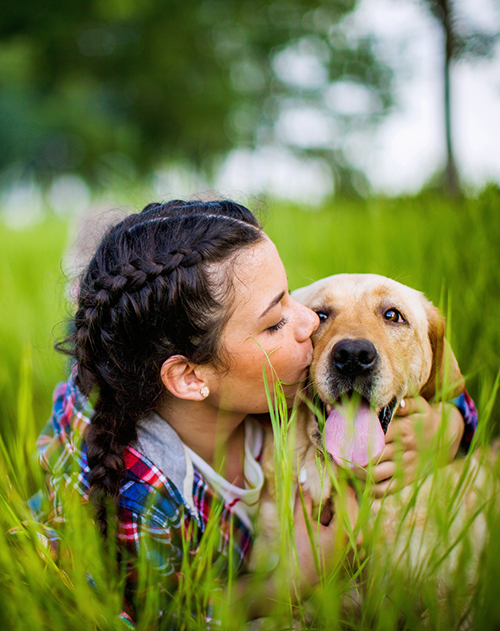By Dr. Mark Cousins, DVM, DABVP
Are pets good for the environment? Or, do they leave an unnecessary carbon footprint?
The point could be made that pets contribute to a negative macroscopic ecologic balance. Much energy has to be funneled into the processing plants that manufacture pet foods, and the process of extrusion (the manufacture of pelleted rations) is an energy consuming process. Since most of us prefer a dry type of food to feed our dogs, cats, rabbits, or hamsters, this necessarily means the production of a carbon footprint. We could, of course, turn our pets loose in a feral arrangement and let them scavenge and procure food the way their genetics are programmed to perform. It would certainly shrink their carbon footprint if we didn’t have to buy food, but that would be cruel, irresponsible, and would defeat the purpose of having pets.
Besides food, other pet products (plastic for pet toys, litter boxes, and bowls; nylon for leashes and collars; polystyrene for everything else) is obviously also an energy-demanding activity which wouldn’t be necessary if we didn’t have pets. Should we stop buying pet supplies and things we need to manage our pets and make their life more interesting and fun?
It’s hard for animal lovers to be objective on this topic. Does anyone take carbon footprints into consideration with a purring cat in their lap, or when excitedly greeted by their dog at the end of a tough day?
Perhaps the solution is to do our best to seek out green manufacturers and eco-friendly pet products that allow us to be both loving pet owners and responsible custodians of the planet.



